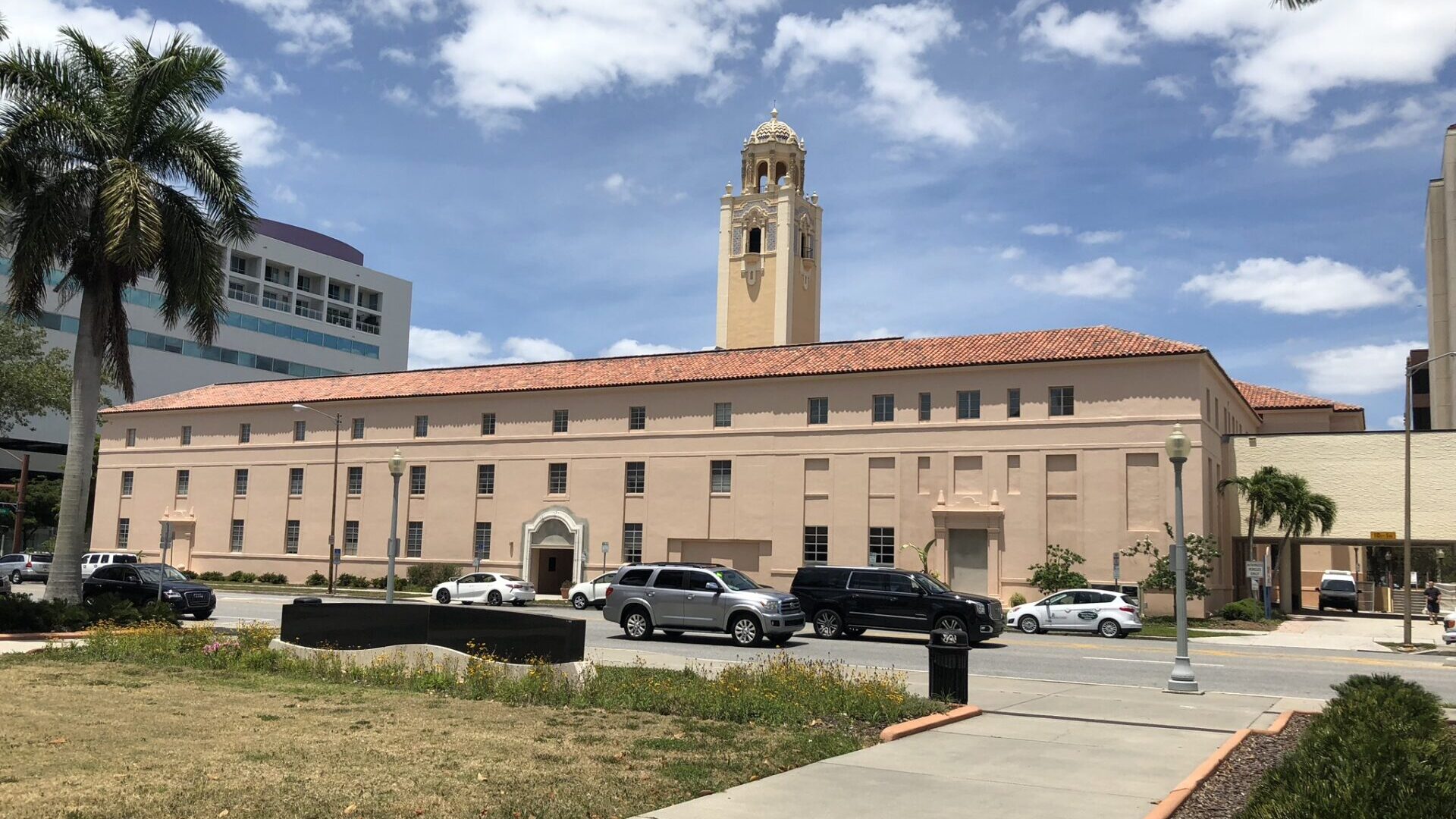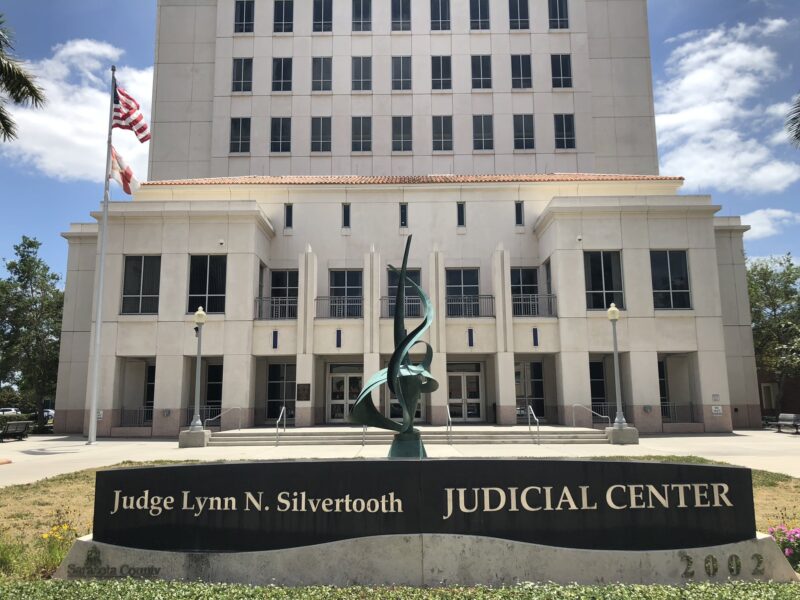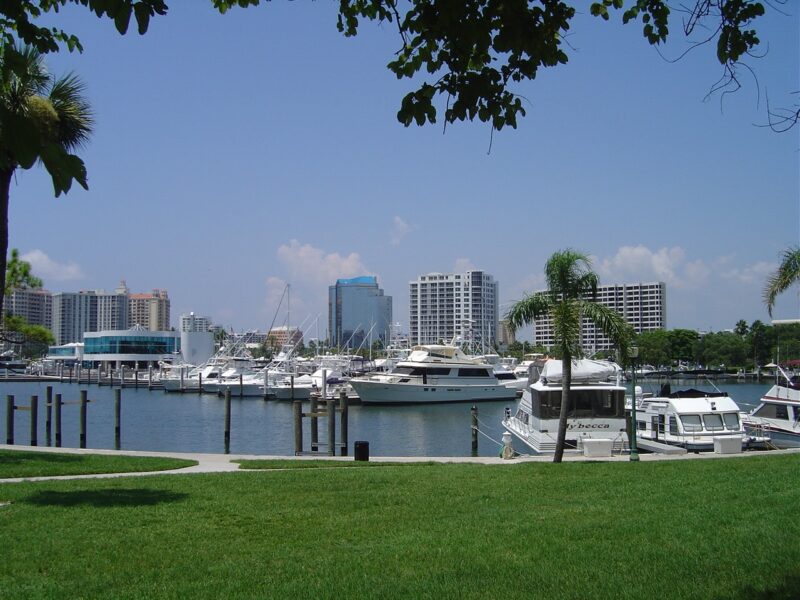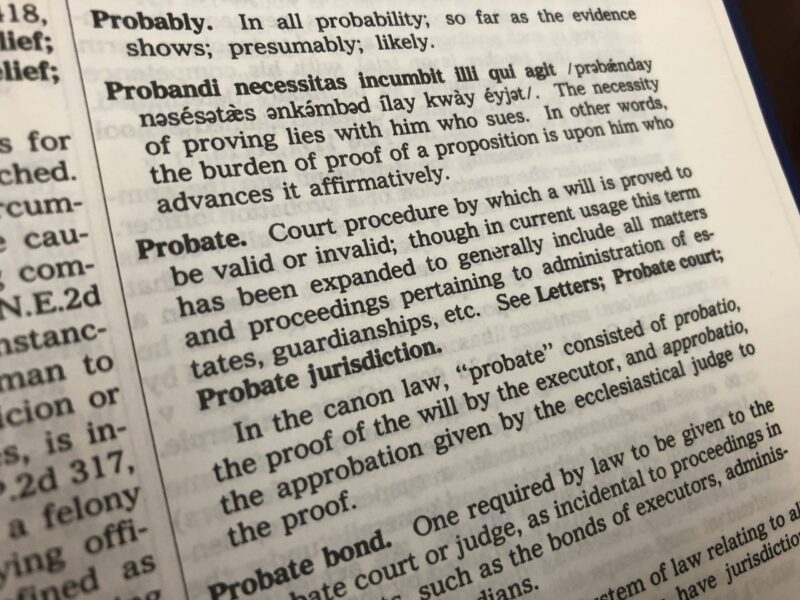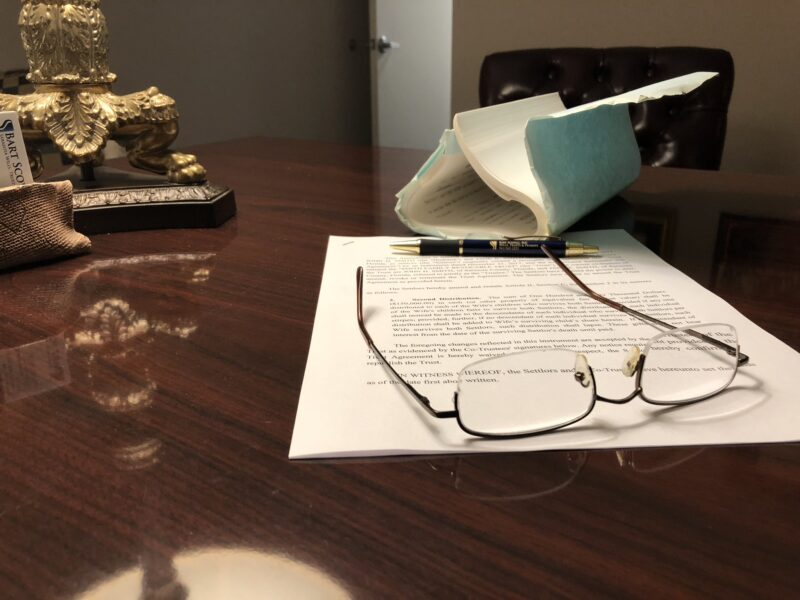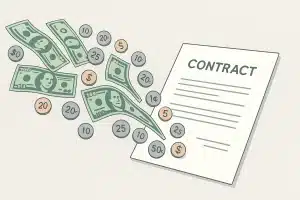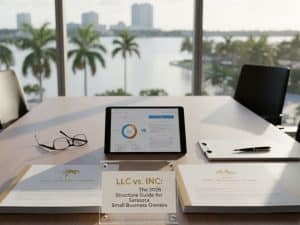Probate in Florida
Probate administration is the process of transferring the assets of one who has died to his or her heirs or beneficiaries. Depending on the size, complexity, or residence of the decedent, there are several different procedures available including formal, summary, and ancillary. At Bart Scovill, PLC, we handle probate matters throughout the State of Florida.
Latest Articles
Contact Us For More Information
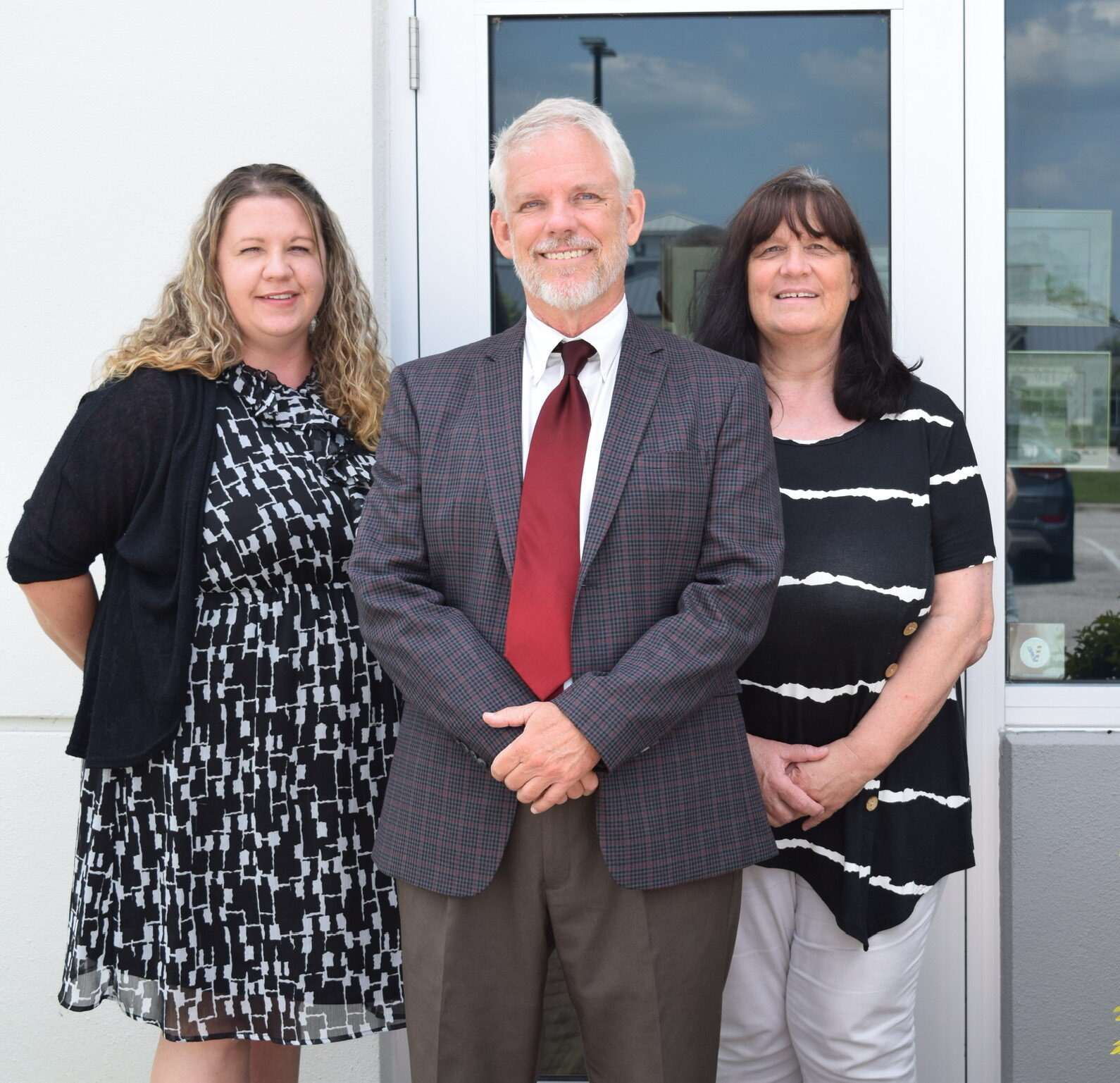
Or Call 941-365-2253 for a Free Consultation
NOTE: The use of the Internet or this form for communication with the firm does not establish an attorney-client relationship. Confidential or time-sensitive information should not be sent through this form.

